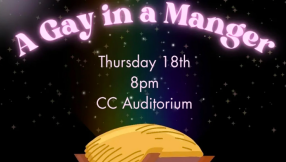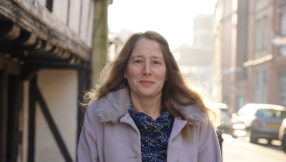'Spiritual but not religious' has become a catchphrase for the interested-but-uncommitted as numerous studies document the relentless decline in church attendance in the UK.
But as religious affiliation continues its tailspin, with most of British adults professing 'no religion' for the first time last year, interest in spirituality is on the rise.

'There is a deep spiritual yearning for substance and depth,' says Rev Ian Mobsby of St Luke's Camberwell in Peckham, London. 'But people immediately assume the church has nothing to offer to that. That is why people call themselves spiritual and not religious.'
Mobsby finds himself at the heart of a trend developing across the Church of England, billed as 'new monasticism' – a rediscovery of an ancient religious practice.
'People are asking, "What are the anchors to life? What is life about?"' he says. 'New monasticism is trying to say to a world increasingly interested in spirituality that Christianity has a lot to say.'
This month another new monastic community for young Christians is opening in Leicester. The Community of the Tree of Life is aimed at young Christians aged between 20 and 35. Members must be single and they must live together for a year, taking vows to pray three times a day, eat together and work on voluntary projects.
'I definitely think there is a renewal of prayer and religious life in the Church,' says Rev Rachel Bennetts, Prior of The Community.
'There is a real hunger for an authentic way of life, a deeper way of life. There is a cultural challenge in this which says "I do not want to do life the same as everyone else is."'
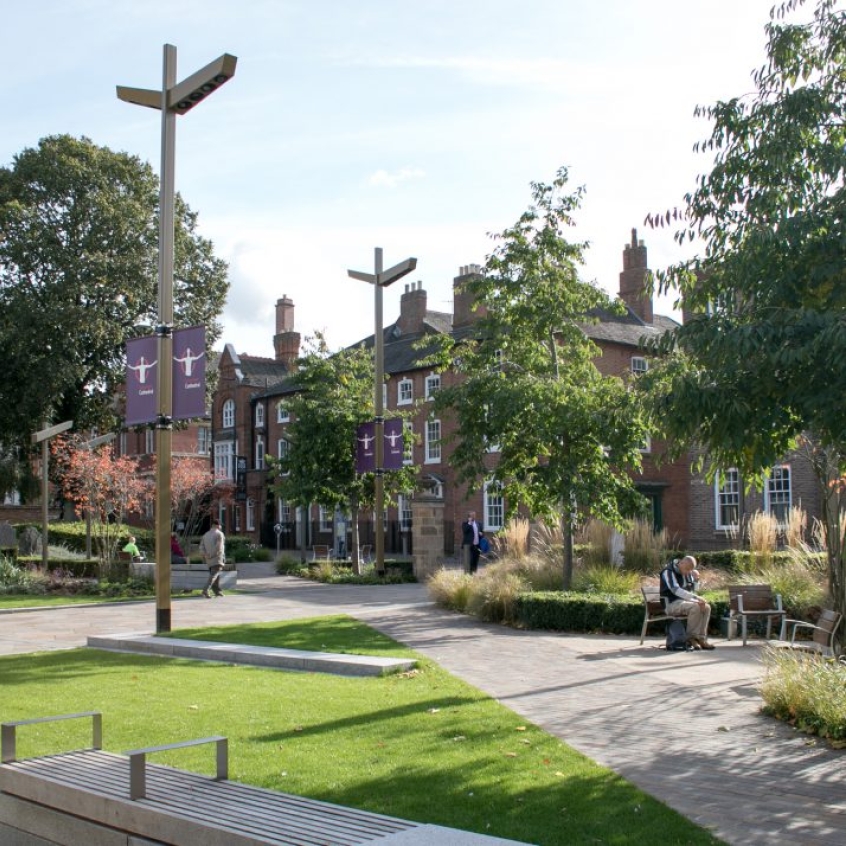
Leicester is far from an anomaly. As well as more established and well-known monastic groups such as The Iona Community off the coast of Scotland, The Community of the Tree of Life joins Mobsby's own Wellspring Community in Peckham, The Community of St Margaret the Queen in the Diocese of Southwark, Moot in the City of London and St Frideswide's religious community opening in Oxford among many more.
Perhaps the most prominent of all is the Community of St Anselm, based in Lambeth Palace and set up by the current Archbishop of Canterbury. Again aimed at young Christians between 20 and 35, participants live together at the Palace, commited to regular prayer and serving a local church or charity project.
'I think generally there is an interest in exploring intensive forms of discipleship,' Justin Welby's chaplain, Isabelle Hamley, says. 'You can see a similar desire in wider society in the interest in mindfulness. There is a very rich tradition of Christian practice that can meet some of the anxieties that people find in a fast-changing world.'
After joining Lambeth Palace a year ago this month, part of Hamley's role is to oversee the programme alongside its new prior Revd Dr Rosalyn Murphy. Hamley says the combination of prayer and working with a local project is key.
'It is not about escaping. It is about engaging and having the space to reflect on how we engage with the world and with one another.
'Instead of people coming and making life vows, the majority are time limited,' she says. 'It aims to build habits of life that will last for the future and transform the way people live their secular lives afterwards.'
The relatively short-term nature of new monasticism, with most participants taking vows for one year rather than for life, is one way in which it differs from the traditional monasticism found in the earliest centuries of Christianity.
Rather than signing up to a 'rule', members sign to a 'rhythm of life' and while singleness is desired in most cases, married couples are allowed to join some projects, whereas ancient monasticism was strictly celibate.
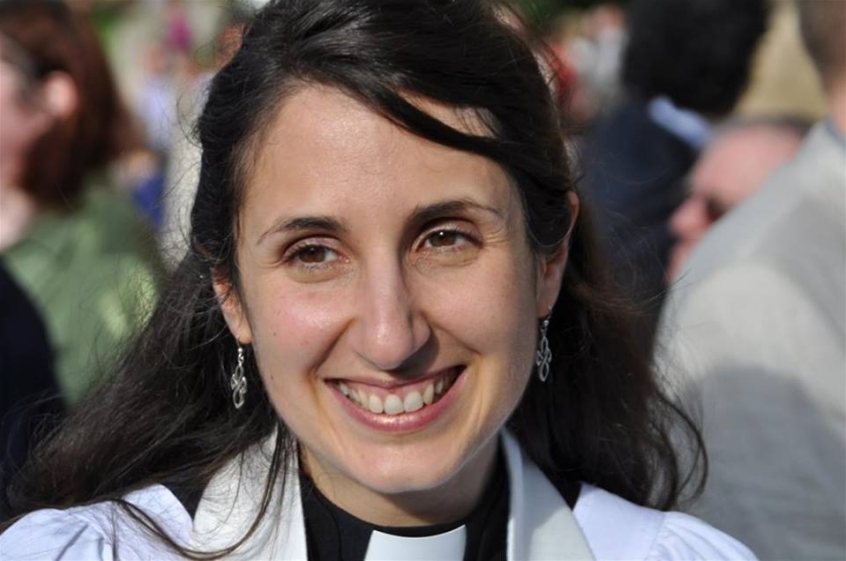
But 'new monasticism' should not be seen as a soft alternative to the real thing, says Bennetts. 'It is a big challenge and not a way for the faint hearted.'
Many new monastic groups, including The Community of St Anselm, ask members to either give up or restrict use of social media as part of living with 'simplicity'. Others adopt certain dress codes for some or all of their activities.
'We are not going to be living like the Desert Fathers but it is an opportunity to step away from some of the distractions,' says Bennetts.
And Mobsby adds: 'It is not about being a monk. It is about saying these traditions have something very deep for us to draw on.'
Mobsby, like Justin Welby, is one of a number of advocates of new monasticism to emerge from the Church of England's evangelical wing. Broadly speaking, evangelicals tend to shun traditional and elaborate forms of religion in favour of an approach based more directly on the Bible. With this in mind one of the criticisms of new monasticism is that it is simply evangelicals discovering something that the Church has done for centuries and claiming it for themselves.
But Mobsby insists it is broader than just an evangelical movement. 'It is renewing the breadth of the Church,' he says. 'It is made up of a balance of some people who are spiritual but not religious, plus Anglo-Catholics who are serious about faith, and charismatic evangelicals who are serious about teaching. The great thing about new monasticism is that it draws on the full breadth of these traditions.'

The sudden growth of new monastic communities is partly in response to an increasingly consumeristic and individual society.
'I think people reach their mid 20s and think: "Is this all there is? "Is there a deeper way of living than this?"' says Bennetts.
'Rather than just attending worship services people are now looking for a way of life. "How do I live in a culture that seems increasing uncertain where world powers seem to be working not toward progress but towards a sense of real worry?"',' adds Mobsby.
But the growth in interest is not just a reaction against a consumeristic society, says Mobsby. It is also a reaction against the Church: 'There is such big gap in where people are and where churches are.'
Most Anglican churches, particularly evangelical ones, were formed in a culture characterised by reason, thinking and believing, Mobsbey says. But now people are more focused on authenticity and emotion.
'The Church is always 20 or 30 years behind culture generally. The Church is in a modernist culture which is all about thinking and believing.
'People aren't like that now. They want transformation and meaning. What I am seeing is a need for a much better balance between experience and reason.'
Hamley, the archbishop's chaplain, admits there can be a lack of depth in regular churches. 'People are dissatisfied with the depth they find in local church and want a place they can explore at a deeper level,' she says. 'There is a desire to find something deeper.'
She goes on: 'If all you do is go once a week it is not as relational as it could or should. We all need more than once a week meetings. A lot of churches do lots of good things during the week with home groups etc but new monasticism takes that community to a further level. I think often it gives a coherence to what you do.'
Bennetts agrees the movement is in part a reaction against a common way of doing church.
'In church we get caught up in how much we have to do and achieve. There are anxieties in the church about how we must be growing about how we must reach people,' she says.
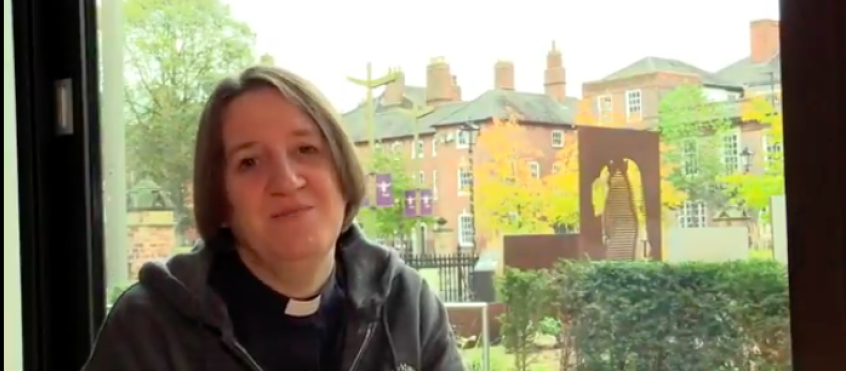
Mobsby says this stress and pressure on clergy to reverse the decline in churchgoing – for instance through popular evangelistic courses – has created a consumeristic approach to church itself.
'We have got a real focus on a course for six weeks and then making a commitment. But then we are expected to cope for the rest of our lives. Actually we're on the discipleship course for the rest of our life.
'How do we be in a consumer culture but not part of it?' he asks. 'I am worried that some expressions of church dumb down what Christianity is all about.' He's concerned about 'business practices' being absorbed into church leadership.
'There is a danger of losing what church is supposed to be about. It is a radical reorientation of life.'
He is not the only one to raise concerns about a business-led approach to church and the need for growth. The Dean of Christ Church, Oxford, Martyn Percy, told bishops to stop acting as CEOs 'chasing growth targets' and said the increasingly 'organisational and bureaucratic' approach leaves clergy feeling 'guilty' if they don't succeed in getting more people into church.
In a speech in November he calledfor an end to 'blue-sky' thinking and warned that 'every step that the Church takes down the road of managerialism and organisation is a step away from the public'.
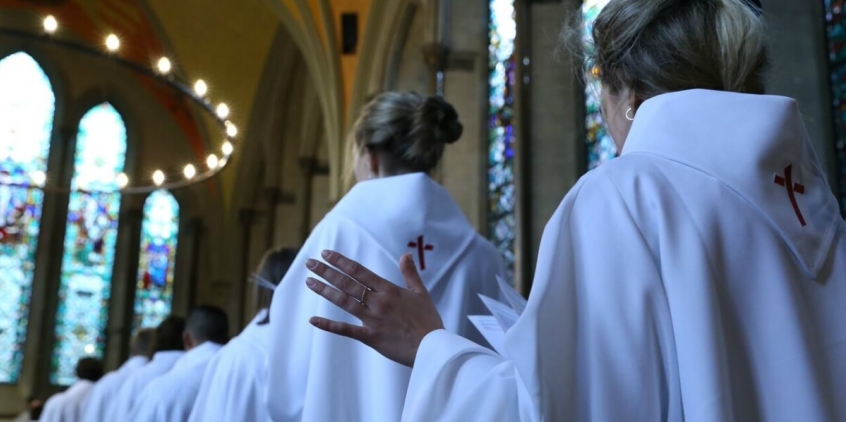
But Welby's chaplain, Hamley, denied there was a dichotomy between depth and growth.
'Growth in numerical terms will only happen when you have growth in depth,' she says. 'That should feed into growth in numbers and it is also integral to what we see the Church as being about.
'I think one of the mistakes we make is to think new monasticism is time out. It is not time out. It is engaging at a deeper level. The idea is to enable people to engage and reflect on how they are going to engage with a secular society in a more spiritual way when they come out.'
Analysts split the Church of England into 'deniers', who think its plight isn't nearly as bad as people think, and 'panickers', who are convinced all-out evangelism is all that stands between it and extinction.
Perhaps – just perhaps – this new monasticism represents a way forward that shows evangelical activism can co-exist with real spirituality.












